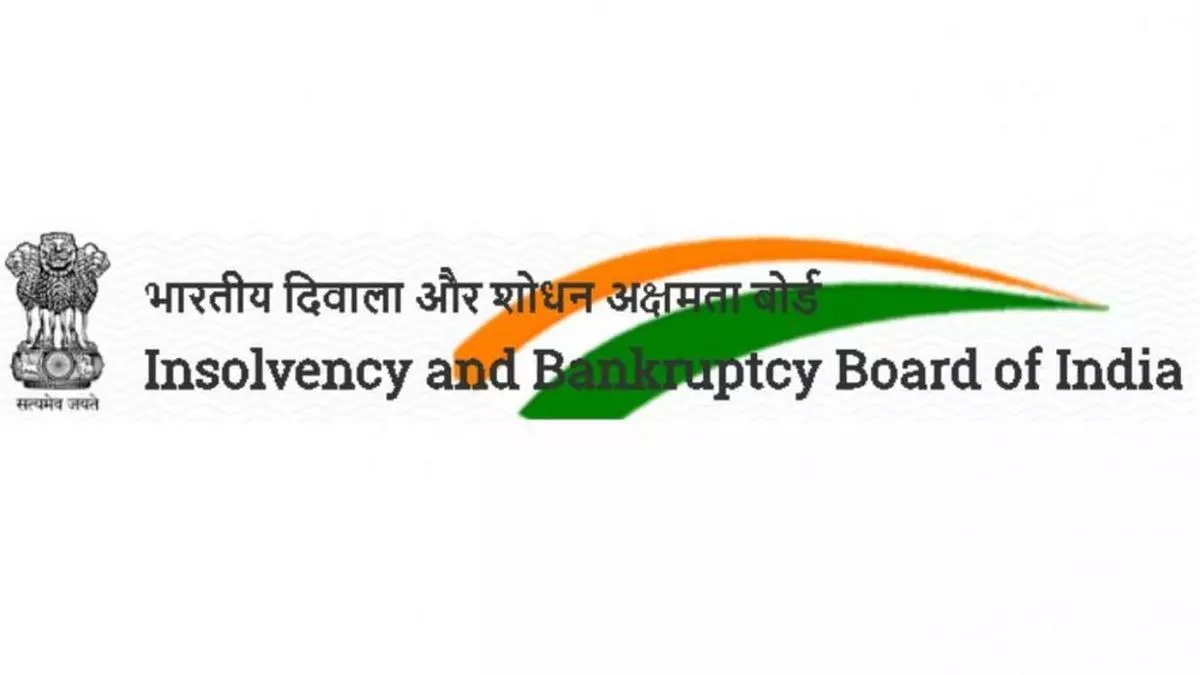A focused approach on recovery from ‘avoidance transactions’ would help creditors reduce their haircuts and conservatively add 10 per cent to their recovery, IBBI Chairman Ravi Mital has suggested.
The CoC should review the progress of these avoidance proceedings on a monthly basis and if required, create a mechanism to pursue these transactions before the Adjudicating Authority (AA), Mital said in the latest quarterly newsletter of IBBI.
Avoidance transactions carried out by erstwhile promoters and directors are one of the primary causes leading to financial distress and sickness of Corporate Debtors (CD) and eventually entering the Insolvency and Bankruptcy Code( IBC).
In cases where avoidance transactions are approved by the AA for prosecution, creditors should approach the Ministry of Corporate Affairs (MCA) or the Insolvency and Bankruptcy Board of India (IBBI) and file a criminal complaint under section 236 of the IBC before the Special Court established under Chapter XXVIII of the Companies Act, 2013, Mital suggested.
As of end September 2024, as many as 1,326 avoidance transaction applications involving an amount of ₹3.76 lakh crore have been filed with the AA. The AA, after consideration, can order for the amount to be clawed back.
Till September 2024, 338 avoidance transaction applications have been settled by the AA ordering a claw back of about ₹7,516 crore.
The IBC has led to a direct recovery of about ₹3.55 lakh crore due to resolution and ₹10,446 crore due to liquidation.
“With the threat of promoter losing control of the unit, many unscrupulous promoters have tried to be street smart and siphoned off funds by various means before admission of the unit under IBC Vigorous follow up to bring these back will not only add recovery but also improve credit discipline and act as deterrent for misadventurism.” Hari Hara Mishra, CEO, Association of ARCs in India, told businessline.
Under IBC, avoidance transactions are recognised as undervalued, fraudulent or extortionate by the previous promoters. Put simply, whenever an entity becomes insolvent, there are certain transactions that are to be avoided under IBC. If such transactions —Preferential, Undervalued, Fraudulent and Extortionate (PUFE)—are included, it would affect the financial position of the entity and that’s why these transactions are called ‘avoidable transactions’.
The IBC requires the IP to find out any undue transaction before the commencement of the insolvency process and file application before NCLT to clawback undue gains from wrongful beneficiaries.
The avoidance transactions include preferential payments, embezzling receipts, siphoning physical assets, causing an entity to pay for goods and services not received by the corporate debtors (payments to fictious vendors, inflated billing, fictious employees’ cost, etc.).



